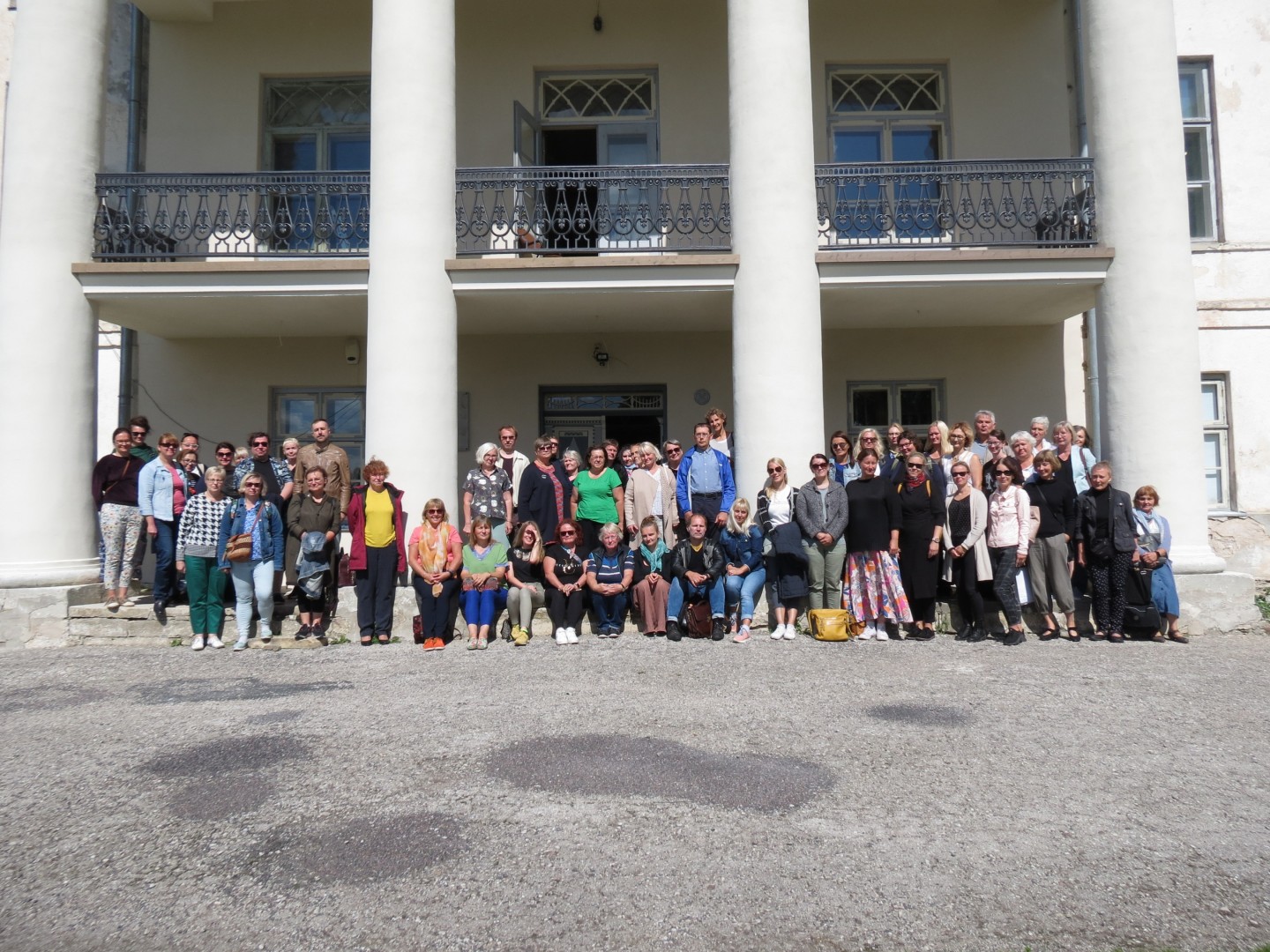
The Evens Foundation has collaborated with long-standing partner EuroClio – the European Association of History Educators – for its Regranting Scheme, which awards grants to its member organisations for Regional Cooperation and Pan-European Gathering projects, with funding from the European Union.
A call for applications was announced on April 28 2023, and the recipients have now been revealed. From the ongoing legacies of World War Two in Slovenia and Communism in Romania to the recent painful relationship between Greece and Albania, the recipients encompass a diverse range of projects that explore many different and challenging facets of European history.
“We believe that supporting transnational exchange and peer learning between history educators from the bottom-up, increases the probability that initiatives also answer educators’ real needs on the ground,” said EuroClio. “We are convinced that this cooperation will lead to more transnational cooperation between history educators and EuroClio’s member associations on the enhancement of history education in Europe.”
The complete list of recipients:
Pan-European Gathering
Clio ‘92 (Italy) received a grant for History: environmental sustainability, migration, inclusion, a pan-European gathering of history teachers’ associations covering environmental sustainability, migration, and inclusion and their relation to history education. It will include plenary meetings and visits to schools and museums.
The event will take place in Italy on 23-25 November 2023. Full EuroClio member organisations from the EU will be invited to participate.
Regional Cooperation
The Association for Historical Dialogue and Research (Cyprus) received a grant for a Regional Cooperation Event, which will examine teachers’ perceptions and questions on how to include gender and intersectionality in history teaching. Resources and materials to foster an understanding of multiperspectivity in history education will be shared during the event. It will include school and study visits and teachers’ workshops.
The Association for History Education in Greece (Greece) received a grant for Approaching the Migration Experience: Albanians in Greece. It will explore the absence, in the history teaching curriculum, of the common historical framework and painful recent history between Greece and Albania. The outcome is to produce educational materials ready to use in respective countries, as well as cultural events, seminars, and workshops.
The Estonian History and Civic Teachers Association (Estonia) received a grant for their Annual Summer School, which discussed the recent changes to the social studies curriculum in Estonia, Latvia, Lithuania, and Finland. It delved into questions such as “How to teach about totalitarian regimes in light of the war in Ukraine?” and included panel discussions, plenary, workshops and cultural activities.
The Croatian History Teachers Association received a grant for the Forum on History and Remembrance Education in Post-Yugoslav Space. It will open discussion about the past, present and future of history education by exploring the state of history teaching, remembrance and remembrance education in the region. It will include panel discussions, workshops, presentations and study visits.
The Slovenian History Teachers Association received a grant for a teacher training programme on WW2 and how to nurture a culture of remembrance according to the Us and Them Before Us manual. It will offer professional development training focused on creating, planning and piloting lesson plans on European Remembrance topics. It will focus on linking WW2 history teaching to contemporary issues and include presentations, simulations, and workshops.
The Society for Historical Sciences Romania received a grant for the Journal of European Memory, which will aim at building a collaboration on common topics of the communist past to reconstruct European Remembrance and how to apply them in teaching, focusing on addressing disinformation and manipulation of history. It will include a lecture, workshops, and a panel discussion.